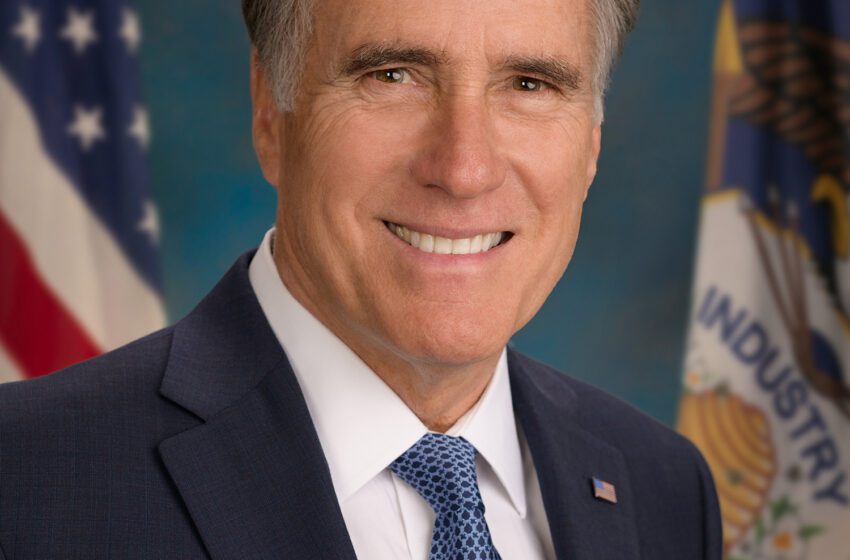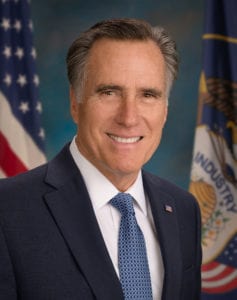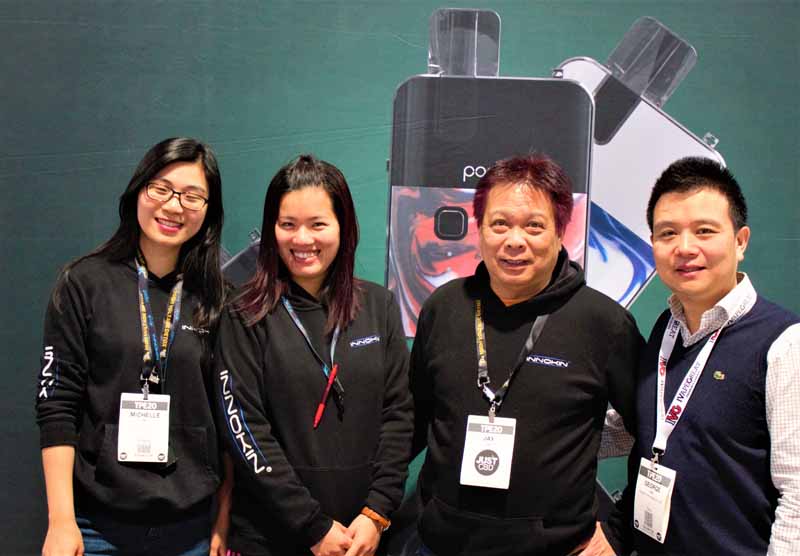



1account, a technology provider to online vendors of age-restricted products and services, has created a new advisory board to support its ambitious plans in the vaping sector, which includes the rollout of a new business-to-consumer ID app to prevent underage access to vape devices and e-liquids online and offline.
Joining the new board are Mark Aylwin, former managing director of Booker; Ralph Topping, former chief executive of bookmaker William Hill; Simon Bazalgette, former CEO of the Jockey Club; and Murray Perkins, former policy director at the British Board of Film Classification.
Following 1account’s success in providing age verification technology to the vaping and gambling sectors, Aylwin will help drive the continued rollout of the company’s online technology and help businesses in the vaping sector make the transition to accepting the company’s new consumer digital ID app, 1account ID, for their online and offline commerce.
The new B2C product will help to prevent unlawful access to vaping products online and in vape retail outlets, convenience stores and supermarkets, aligning with the British government’s strategy to build a Digital Identity Trust Framework.
“The creation of a digital ID for the purchase of vape products online and offline represents a major step forward and will enable vape retailers to take the most proactive stance possible in preventing underage sales of vape devices and e-liquids,” says Aylwin. “1account can offer vape retailers a solution both online and offline that enables compliance for now and the future.”

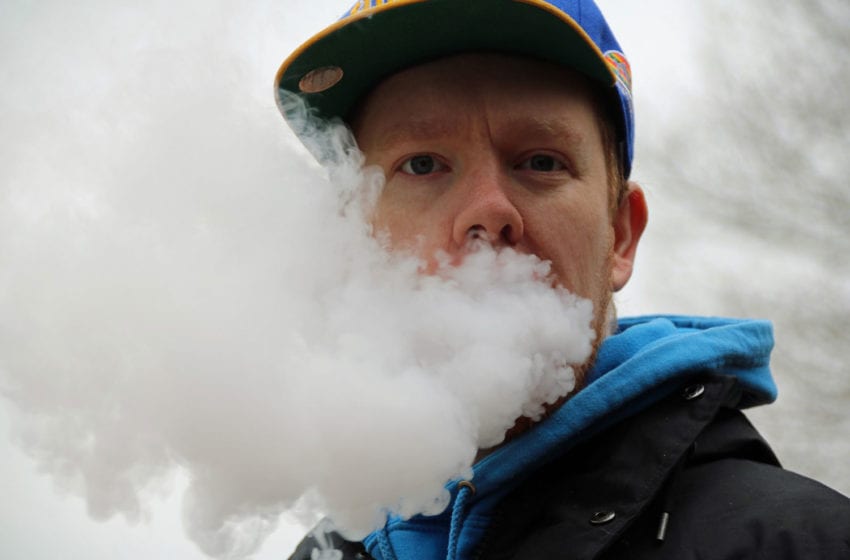
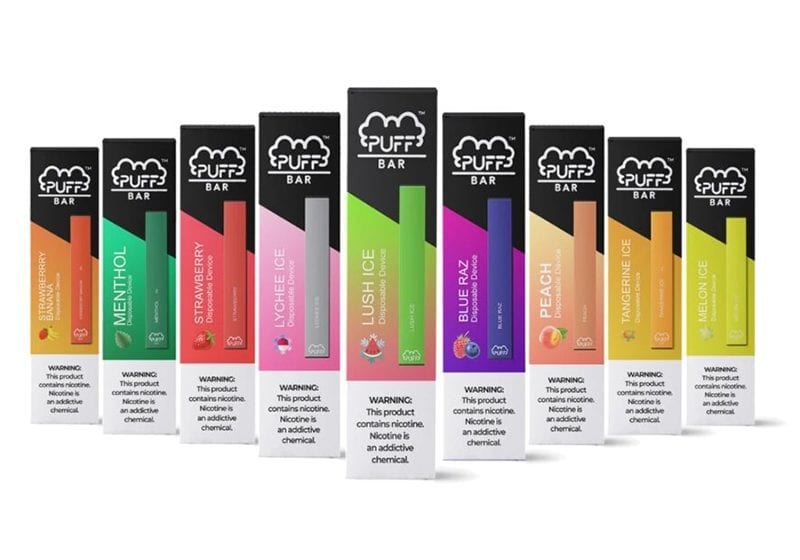
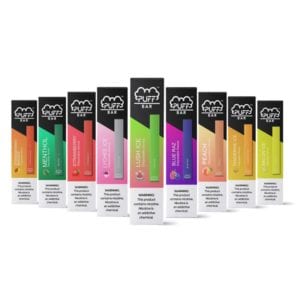
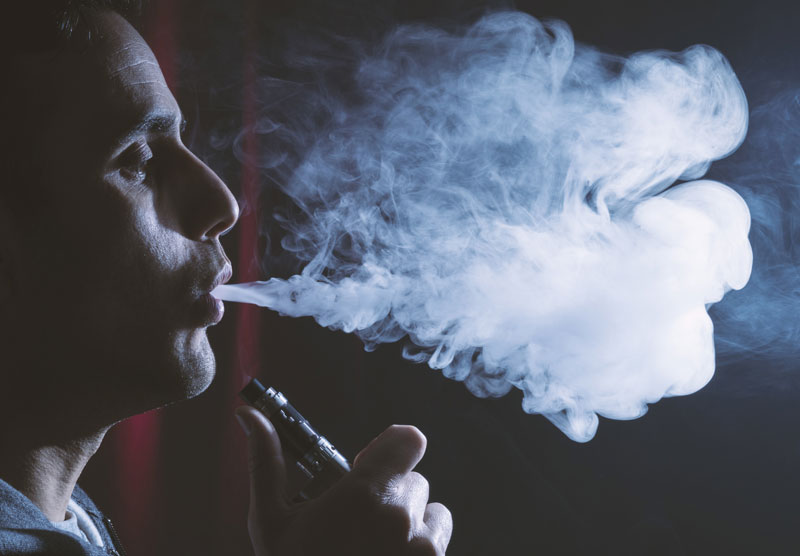

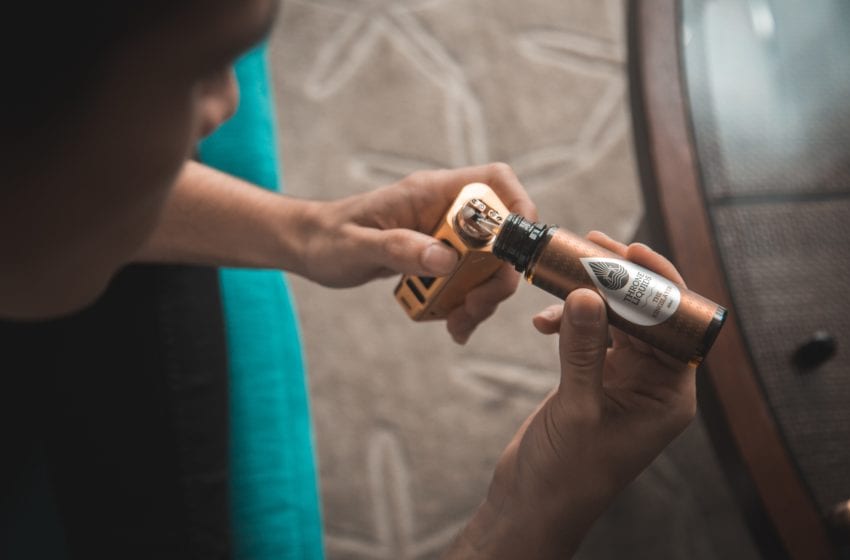
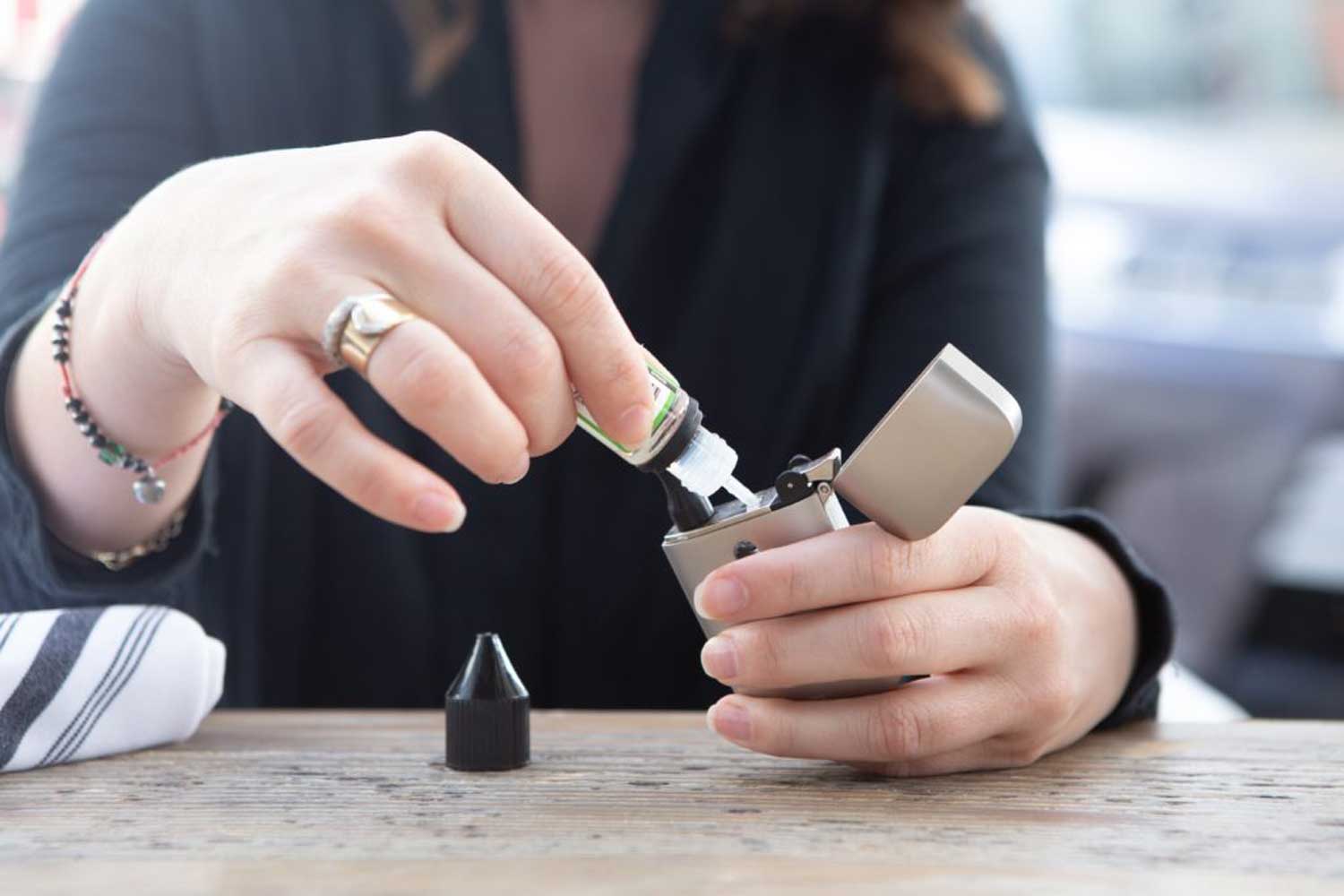


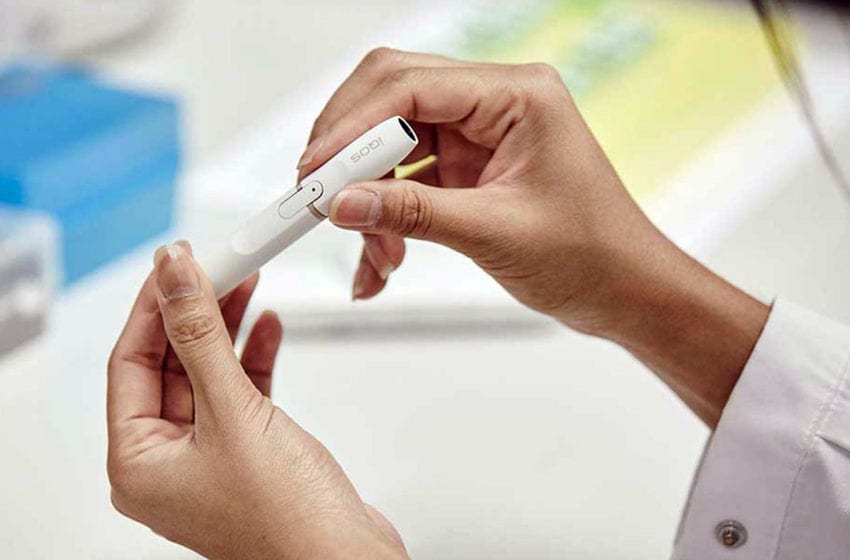




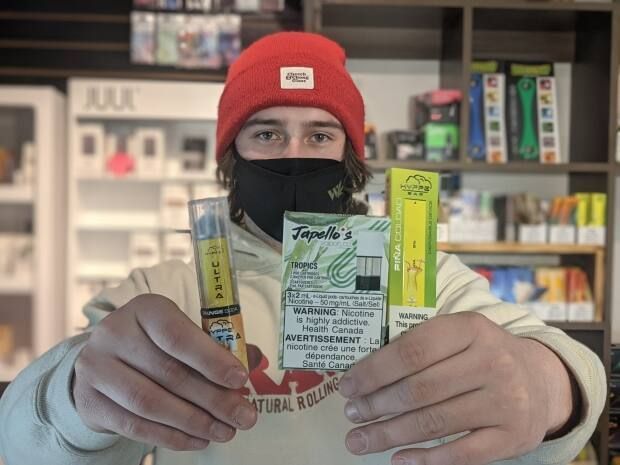


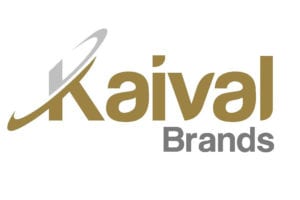 Kaival Brands has three new distribution partners for its Bidi Vapor products: Smoker Friendly International, Avail Vapor and Hilmes Distributing. These three additional distributors push the potential U.S. store count for Bidi Vapor products above 46,000, up from 10,000 in 2020.
Kaival Brands has three new distribution partners for its Bidi Vapor products: Smoker Friendly International, Avail Vapor and Hilmes Distributing. These three additional distributors push the potential U.S. store count for Bidi Vapor products above 46,000, up from 10,000 in 2020.